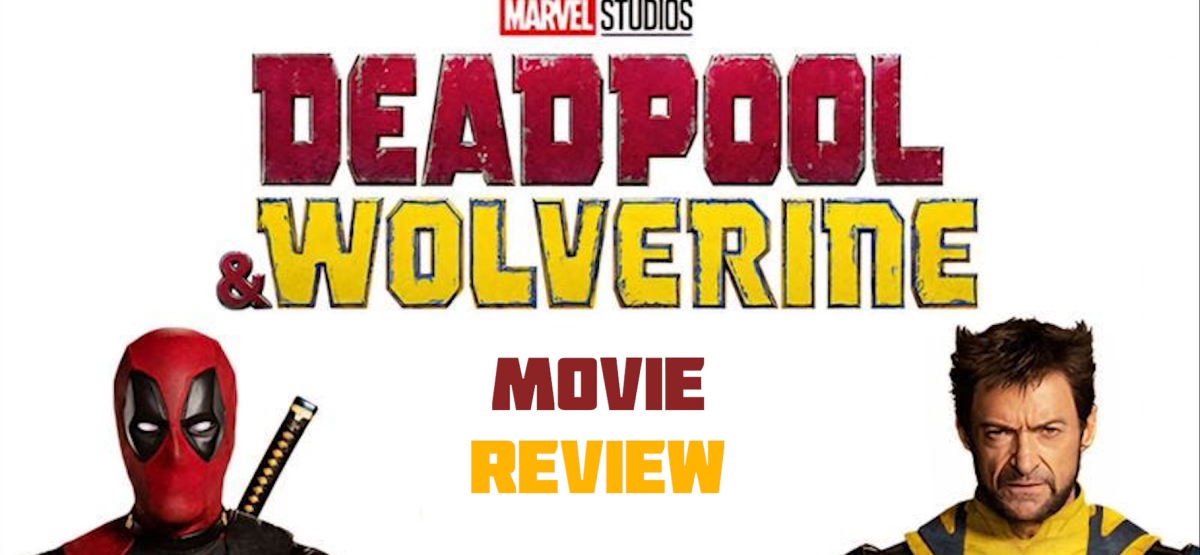There are two primary arguments in favor of becoming a smoke-free and tobacco-free campus. The first is secondhand: it is harmful to public safety and creates a nuisance. The second: FGCU should not allow its students or employees to engage in activities it deems unsafe for the individual.
The Smoke-Free and Tobacco-Free Campus Implementing Committee held an informational session Wednesday in the Cohen Center Ballroom.
Because the administration has domain over public spaces, it is an understandable goal to eliminate secondhand smoke pollution in highly populated areas. But, what about using e-cigarettes and chewing tobacco? Or, what about smoking in your car or outside your dorm? These are all banned under the proposed policy, and it is a far reach to suggest they cause public safety concerns.
This argument is patronizing, and regardless of whether they use these substances, members of this campus should feel insulted that the school plans to assert this power. Under the SFTFCC’s proposed policy, students and employees are subject to disciplinary action for vaping, smoking or chewing tobacco in a personal vehicle or outside an on-campus residence.
According to Oxford Dictionaries, paternalism is “the policy or practice on the part of people in positions of authority of restricting the freedom and responsibilities of those subordinate to them in the subordinates’ supposed best interest.”
This attempt to micro-manage our lives is clearly a paternalistic policy; it is a demeaning and futile attempt to make college a safe little bubble where those in power can make decisions for those subject to policy. Regardless of noble intentions, it is not the job of FGCU to discipline students and employees for making – what policy makers deem to be – a wrong choice. President Obama, in a recent education town hall in Des Moines, Iowa said that college students are being too coddled. I’d be inclined to agree.
It is certainly healthiest to refrain from any and all of the activities prohibited under this policy, but there is evidence that smokeless tobacco and e-cigarettes may well be a safer alternative to cigarettes and can help smokers kick the habit. It may be of legitimate concern, but it is one that should be addressed by those whose choice it is to put it in their bodies. When the risks involved only affect individual users, there is no valid reason to ban smokeless tobacco or vaping. Unless, of course, you agree with paternalistic attempts to police students and employees.
It is the school administration’s job to ensure a safe and clean environment in public spaces. It is not the administration’s job to dictate individual behavior, particularly when there is no harm done to others. Students and employees should be allowed to weight the costs and benefits of these activities themselves. The SFTFCC should reconsider prohibiting substances that have no harm on the public before this regulation is presented to the Board of Trustees.
If you share these concerns, I urge you to attend or visit the official FGCU webpage to read more about the policy.
Categories:
Smoke-free should be a choice
October 29, 2015
Story continues below advertisement
1
0
More to Discover
































Joseph Sauerland • Nov 9, 2015 at 1:46 pm
“A different theoretical basis is (moral) contractualism. On this view if there are cases of justified paternalism they are justified on the basis that we (all of us) would agree to such interference, given suitable knowledge and suitable motivation. So, for instance, it might be argued that since we know we are subject to depression we all would agree, at least, to short-term anti-suicide interventions, to determine whether we are suffering from such a condition, and to attempt to cure it. More generally, we might accept what Feinberg called “soft paternalism.” This is the view that when we are not acting fully voluntarily it is permissible to intervene to provide information, or to point out defects in our rationality, but that if we then do make a voluntary choice it must be respected. Or we might agree to being forced to wear seat-belts knowing our disposition to discount future benefits for present ones.”
^ I like this approach a lot better than Paternalism. It allows us to point out flaws in our logic, but if we choose to stay true to our choices, then so be it.
Source:
http://plato.stanford.edu/entries/paternalism/#ConIss